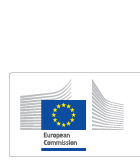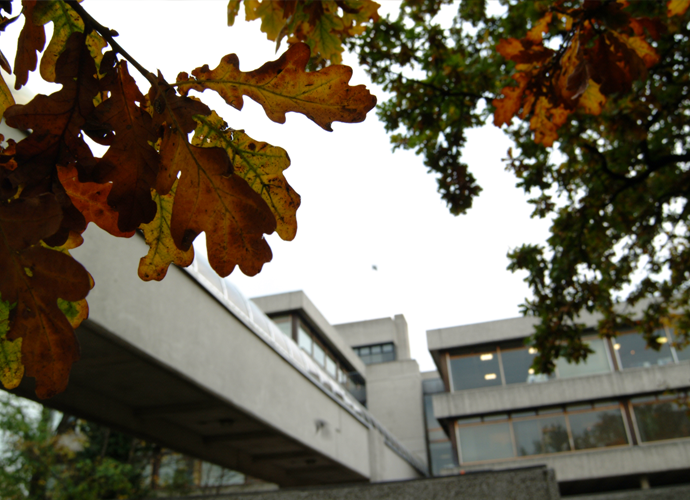
 (1).png)
Project Overview
The aim of C-NEWTRAL Doctoral Network is to advance new approaches for integrated planning of climate-neutral cities through citizen engagement and city governance decision-making support. We will approach climate-neutral cities from multiple dimensions of Urban Nature, Urban Mobility, Built Form, Energy and Circularity.
 (690 Ã 500 px) (1).png)
The Challenge
Achieving climate-neutral cities is an EU priority, yet faces many challenges because of the complex urban activities, and the vast range of stakeholders involved. Cities require enhanced capacity and ongoing support for implementation of climate-neutral solutions and assessment of how they may impact different sections of society. There is a need for more highly-skilled, highly-trained interdisciplinary researchers and professionals for this task, which C-NEWTRAL aims to provide.

Overview of Research
C-NEWTRAL is underpinned by five key thematics (Urban Nature, Urban Mobility, Built Form, Energy, Circularity), which are integrated through two cross-scale research dimensions, linked to drivers identified by the EU: I. Citizen Engagement & Public Participation and II. City Governance & Decision-Making. This provides the overall framework for individual research projects examining participation and decision-making for integrating nature-based solutions in urban regeneration, active/ green/ just mobility transitions, social acceptance of energy performance standards in buildings/ neighbourhoods/ social housing, hydrosocial/ circular/ digital approaches in urban water management, and nexuses among these.
Each researcher will be trained in advanced participative methods and use of governance & planning tools, supported by digital technologies - recognised by the EU as a priority, but still under-developed within city planning processes. Researchers are to be exposed to secondments in local authorities, NGOs or industry. The program will provide a dynamic, intellectually-challenging, interdisciplinary training environment attracting the best international graduate candidates and fosters an enthusiastic and innovative community of researchers - effectively placed to advise on cross-sectoral strategies for achieving climate-neutral cities.
MSCA Doctoral Networks
C-NEWTRAL is a European Doctoral Network funded by Horizon Europe Marie Sklodowska-Curie Actions. The Marie Skłodowska-Curie Actions (MSCA) are the European Union’s reference programme for doctoral education and postdoctoral training. The objective of the MSCA Doctoral Networks is to implement doctoral programmes, by partnerships of universities, research institutions and infrastructures, businesses including SMEs, and other socio-economic actors from different countries across Europe and beyond. These doctoral programmes respond to well-identified needs in various research and innovation areas, expose the researchers to the academic and non-academic sectors, and offer research training, as well as transferable skills and competences relevant for innovation and long-term employability. The Doctoral Candidates will be funded for 36 months through this prestigious programme.
C-NEWTRAL Projects
Our research areas include:
- Project 1: Citizen Science for Urban Nature Regeneration Processes
- Project 2: Mobility justice and the electric mobility transition in comparative contexts
- Project 3: Decision-support system (DSS) to address water scarcity with Nature-based Solutions in cities
- Project 4: User-centred comparative analyses of building energy performance solutions in building clusters
- Project 5: A critical approach to the digital and green transitions in the EU urban water management
- Project 6: Data-Driven Participatory Planning to integrate NbS in Cities
- Project 7: Decision-making support for impact assessment of coupling Active Mobility+Blue-Green Infrastructure
- Project 8: Empowering communities with technological tools (and digital governance) for an active role in achieving climate neutral cities while limiting intersectional inequalities.
- Project 9: Effectiveness of decision-making tools for building-energy-circularity nexus for climate-neutrality
- Project 10: Critical examination of assumptions in using AI/DT for flooding/water management governance
- Project 11: Social acceptance of environmental policy implementation for carbon-neutrality in neighbourhood planning
- Project 12: Governance & Planning Index for Sustainable Housing Equitability
Project Supervisors
Thursday, 22 February, 2024
| Project | Host | Department |
Primary Supervisor |
Co-supervisor |
Third Supervisor |
|---|---|---|---|---|---|
| 1. Citizen Science for Urban Nature Regeneration Processes | UH | Bio. & Environmental Sciences | |||
| 2. Mobility justice and the electric mobility transition in comparative contexts | UHEI | Geography & Geosciences |
Prof. Rausch (m) |
||
| 3. Decision-support system (DSS) to address water scarcity with Nature-based Solutions in cities | UdG | Water Science and Technology |
|||
| 4. User-centred comparative analyses of building energy performance solutions in building clusters | UNIBO | Architectural Technology |
|||
| 5. A critical approach to the digital and green transitions in the EU urban water management. | UdG | Water Science and Technology |
|||
| 6. Data-Driven Participatory Planning to integrate NbS in Cities | UCD | Urban Planning + Geography |
|||
| 7. Decision-making support for impact assessment of coupling Active Mobility+Blue-Green Infrastructure | UCD | Urban Planning |
|||
| 8. Empowering communities with technological tools (and digital governance) for an active role in achieving climate-neutral cities while limiting intersectional inequalities | UCD | Urban Planning |
|||
| 9. Effectiveness of decision-making tools for building-energy-circularity nexus for climate-neutrality | UNIBO | Architecture and Design Cultures |
|||
| 10. Critical examination of assumptions in using AI/DT for flooding/water management governance | UH | Bio. & Environmental Sciences |
|||
| 11. Social acceptance of environmental policy implementation for carbon-neutrality in neighbourhood planning | QUB | Natural & Built Environment |
|||
| 12. Governance & Planning Index for Sustainable Housing Equitability | QUB | Natural & Built Environment |
* DC11 and DC12 are Doctoral Candidates to be hosted by Associate Partner QUB with National funding (UKRI)
